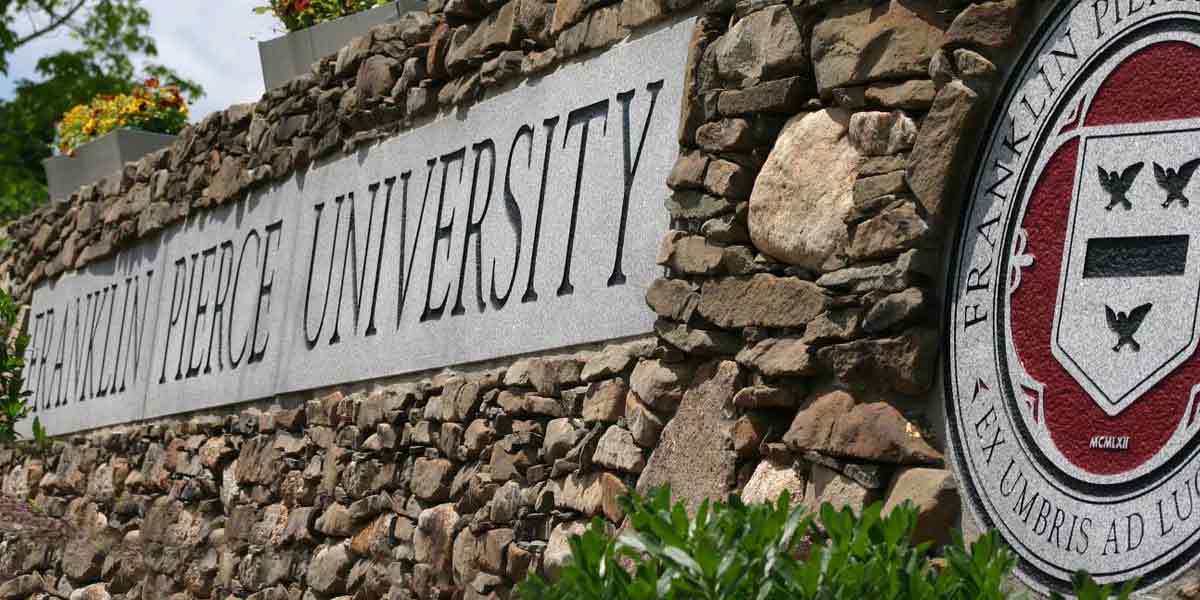Dr. Paula McWilliam Awarded Patent for Neonatal Intubation
Jul 15, 2019


Dr. Paula L. McWilliam, Director of Nursing at Franklin Pierce University, received notice that a U.S. Patent has been issued on the sensor-equipped laryngoscope she developed with a research team that includes co-patentholders Dr. Louis P. Halamek of Stanford University, and Brian J. Grannoff and Mark Scott of the College of Engineering and Physical Science at the University of New Hampshire. Dr. McWilliam has been assisted by students and faculty from Franklin Pierce University’s School of Nursing and Doctorate in Physical Therapy programs.
Provost and Vice President for Academic Affairs, Dr. James W. DuMond, Jr. said, “Dr. McWilliam’s accomplishment in bringing this life-saving device to this stage of development is very impressive. Her leadership in research-based improvement to patient outcomes and passion for collaboration creates the kind of meaningful experiential learning opportunities that Franklin Pierce University strives to provide for our students.”
The purpose of the sensor-equipped laryngoscope is to increase safety in the process of neonatal intubation, used when newborns require intervention to take their first breaths. This life-saving procedure requires speed and precision to insert a breathing tube in the infant’s airway, and, done wrong, can cause life-threatening injury. The device allows a clinician to practice the technique while being supervised by an instructor using an iPad to view real-time images and measurements of force and torque to guide and improve the student’s technique.
Dr. McWilliam’s team of Franklin Pierce students and faculty will travel to Stanford University in September 2019 to work on the next phase of development of this groundbreaking device. This involves adding “haptics,” which produce sensory vibrations that alert the user when too much force or torque is being applied. The ultimate goal for the sensor-equipped laryngoscope is to make it commercially available for nursing and first responder training.
“Traditionally, nurses are not inventors. They are at the bedside all the time and they know what works and what doesn’t work,” said McWilliam, who spent 10 years as a neonatal nurse practitioner before entering academia. “We’re teaching students to problem-solve when they meet obstacles – they’re learning they can invent something to make it better.”
McWilliam’s team focus is on improving neonatal resuscitation, and she is beginning work on a sensor that will measure the pace and depth of chest compression that is optimal for newborns. “Everything we’ve done so far is scalable for improving adult outcomes as well. Same tools, different measurements.”
McWilliam’s research is supported by New Hampshire INBRE (IDeA Network of Biomedical Research Excellence) and the Center for Advanced Pediatric & Perinatal Education (CAPE) Stanford University Endowment. NH-INBRE is funded by the National Institutes of Health, and this project is a collaboration with the NH-INBRE lead institution, the Geisel School of Medicine at Dartmouth, and several partner institutions including Franklin Pierce.

